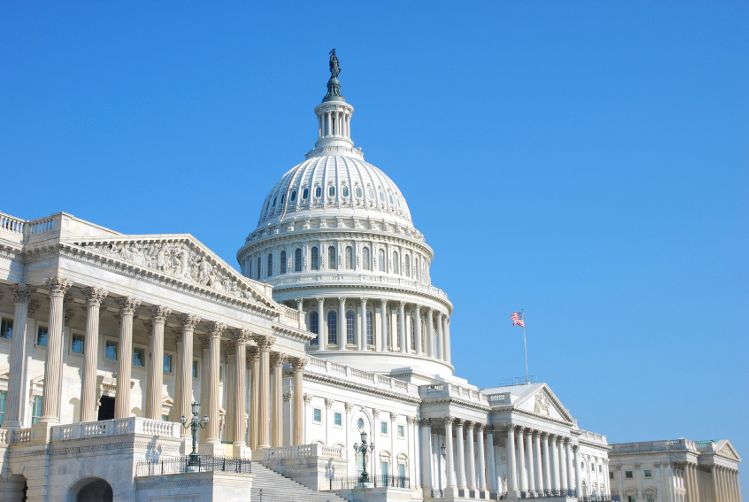Senate Committee excludes language in appropriations bill that funds health hazard evaluation for CBD
The Natural Products Association reports that the U.S. Senate Agriculture Appropriations Committee failed to include legislation passed the House of Representatives that would have appropriated $100,000 for the FDA to perform a health hazard evaluation on CBD.
Photo © iStockphoto.com/uschools

The Natural Products Association (NPA; Washington, DC) reports that the U.S. Senate Agriculture Appropriations Committee failed to include legislation passed the House of Representatives that would have appropriated $100,000 for the FDA to perform a health hazard evaluation on CBD. The health hazard evaluation would have determined and set a safe use level for the consumption of CBD. This process has precedent, allowing FDA to exercise enforcement discretion on natural products that contain levels of an approved drug ingredient, most notably red yeast rice. The committee only included language that instructed FDA to report back to them in 90 days, but otherwise, no meaningful progress was made in regulating CBD products.
“What we saw today was the U.S. Senate Agriculture Committee fail to include any meaningful legislative language that would force the FDA to do its job when it comes to CBD. Sadly, this approach will lead to nothing but problems. We are seeing that play out with the vaping crisis and we are desperately hoping to avoid that with CBD,” said Daniel Fabricant, PhD, president and CEO of NPA, in a press release. “This should have been an easy choice for the committee, they should have taken their lead from the U.S. House of Representatives where Congressman McNerney had already had an amendment pass that would actually protect American consumers. However, the fight is not over. We are continuing our work to ensure that the one in seven Americans that use a CBD product everyday have the ability to believe that the FDA is doing its job, and not taking the path of least resistance. We encourage everyone to tell their Congressman and Senators to set a safe level of daily consumption for CBD.”
HHS announces restructuring plans to consolidate divisions and downsize workforce
Published: March 27th 2025 | Updated: March 27th 2025According to the announcement, the restructuring will save taxpayers $1.8 billion per year by reducing the workforce by 10,000 full-time employees and consolidating the department’s 28 divisions into 15 new divisions.










